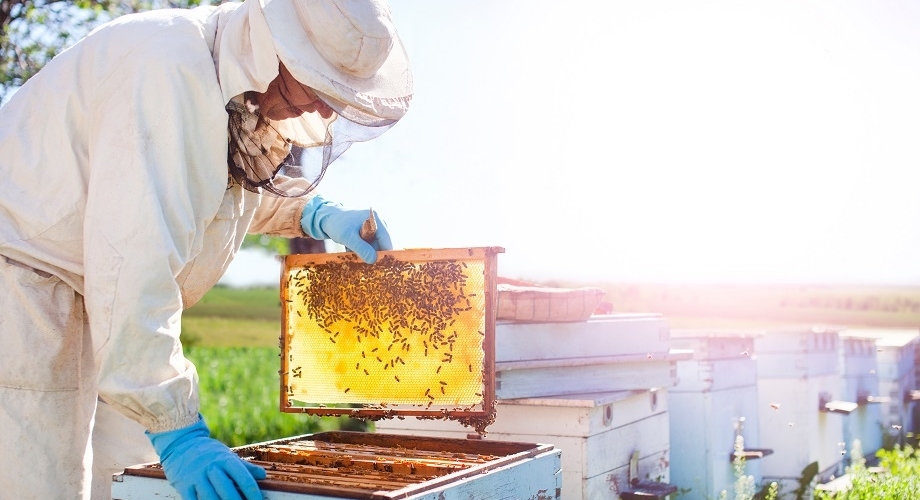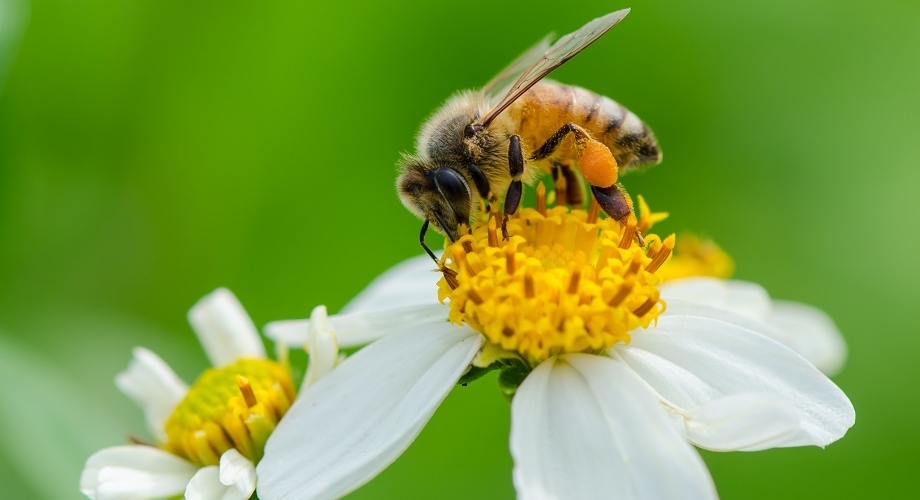Gold Coast Icon Honeyworld Receives New Operators and Facelift with Currumbin Wildlife Sanctuary
Honeyworld has been a local favourite in Currumbin since it opened in the early 1990s. Now, this free bee and honey experience is getting a new lease on life, under the care of Currumbin Wildlife Sanctuary. If you’ve never visited Honeyworld, you will BEE amazed by the fascinating world of these tiny creatures.

Honey, I’ve pollen for you…
Located across the road from the Sanctuary, Honeyworld allows us to take a peek into the intriguing world of bees and honey production. Honeyworld offers an insight into the different types of bees and how clever they are.
Get up close and peek inside real beehives to understand more about the secret life of bees.
Honeyworld is also a perfect Christmas shopping destination, where visitors can taste and purchase 30 different varieties of honey and discover a range of honey-related products with surprising health and cosmetic benefits!
The history of Honeyworld
According to long-time Honeyworld owner Cheryl Christiansen, Honeyworld was first opened on the Sunshine Coast as a factory to purchase pure Australian honey from apiarists. However, it soon became apparent that there was a strong need for more education about bees.
Cheryl says, “Nobody was specializing in hive products such as bee pollen, propolis and royal jelly, and in those days, nobody had heard of how beneficial these products are for the body. Education was desperately needed so we established an education arm. This was so successful on the Sunshine Coast, Honeyworld opened on the Gold Coast.”
Continuing a Gold Coast legacy
When Cheryl made the difficult decision to step away from Honeyworld in 2021, Currumbin Wildlife Sanctuary wanted to ensure that this one-of-a-kind Gold Coast attraction remained in operation for years to come.
Currumbin Wildlife Sanctuary has invested in a significant refresh of Honeyworld, including a new theatrette and walk-through experience. The retail experience has also been expanded to include some other iconic Queensland brands including Gold Coast Confectionery Co. and Buderim Ginger.
What’s all the buzz about?
Did you know that Currumbin Wildlife Sanctuary’s founder Alex Griffiths was a beekeeper?
In addition to his work growing prized flowers and advocating for wildlife conservation, Alex Griffiths was passionate about bees. He knew that they played a vital role, not only in ensuring the survival of his treasured gardens, but also in contributing to the wider environment.
At Honeyworld, we are sharing a lesser-known part of Alex Griffiths’ legacy with special displays, including his original beekeeping suit!
Without bees, entire ecosystems are at risk. These creatures may be tiny, but they are an integral part of wildlife conservation, as well as the production of food that we eat. Visit Honeyworld to discover what all the buzz is about!

BEE informed with some fast facts…
- There are three types of bees in every colony. Female bees are called “workers”. Male bees are “drones”. There is always one “queen”, who is female.
- While workers and drones live for a matter of weeks or months, the queen bee lives an average of two to four years…even reaching seven years of age in extreme cases!
- Only the queen bee can lay eggs, but she does a good job, laying up to 2,000 eggs per day during laying season!
- Bees don’t just produce honey! They produce a number of other substances, such as propolis and royal jelly, which are believed to have dozens of surprising health and cosmetic benefits!
- One out of three mouthfuls of food humans eat depends on pollinators like bees! Bees help to propagate plants that provide essential food for both animals and humans by spreading pollen across large areas as they forage for their own food.
What a stinger!
Bee populations across the world are in decline. In some areas, up to 90% of the bees have disappeared.
By attracting bees into our gardens, we can ensure they continue to play their vital role in our ecosystem.
How you can BEE the change…
There are some easy, inexpensive ways that you can transform your garden into a bee-friendly place:
- Grow a variety of plants that produce nectar and pollen.
- Choose plants that flower year-round.
- Select flowers with a variety of colours and shapes.
- Avoid using insecticides.
- Provide a good water source.
- Make or buy a bee hotel that provides shelter.
Entry to Honeyworld is free to the public. Find out more here.
